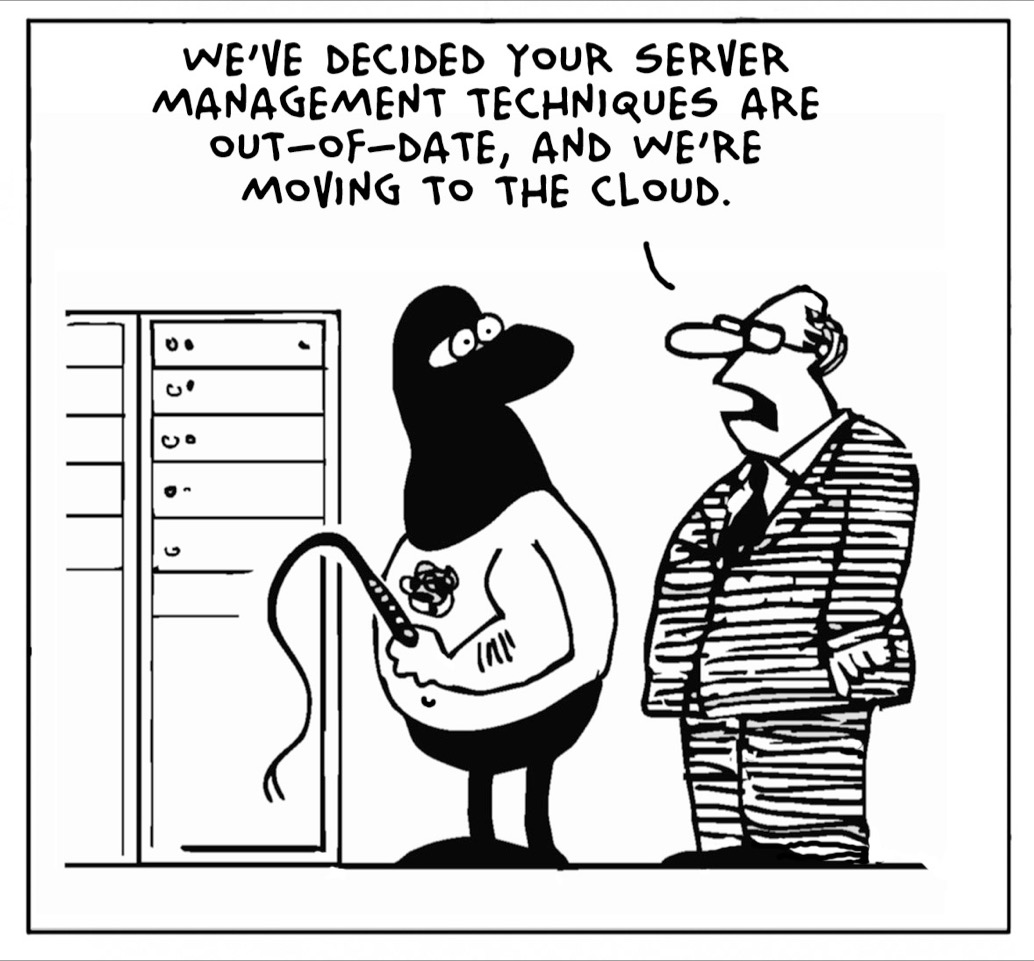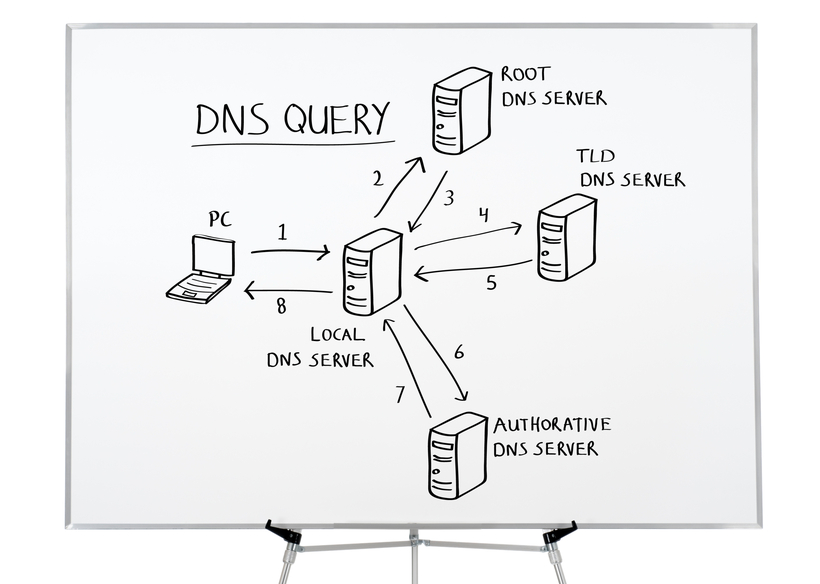Disasters Come In All Forms

One of the most important factors in moving to the Cloud is uptime. If your application was ever On-premise you know what I mean. I spent a majority of my career managing On-premise infrastructures before moving to the Cloud, so I can tell you how moving to the Cloud can be a real game changer when it comes to achieving complete redundancy. I am going to share with you some of the most common disasters, and how deploying Geo-Failover, aka Cloud Failover, could help you achieve better uptime. It’s never enough. Unfortunately, you could build a flawless, stable application, have...
Continue Reading Article →





